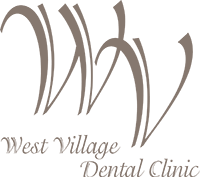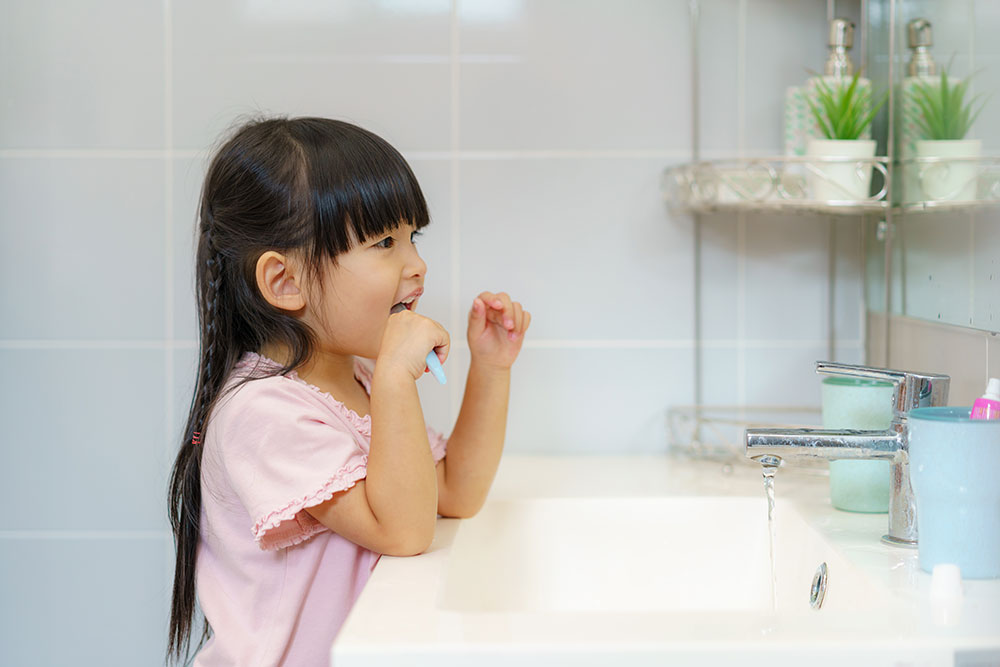Ensuring that your child has a healthy mouth free of cavities and gum issues is vital, but it can be hard to know what to do to keep their mouth as healthy as possible. Listed below is an essential guide in maintaining the health of your child’s mouth:
- Before teeth erupt in your baby’s mouth (around 6-10 months old), use a damp cloth to wipe your baby’s gums after milk.
- Once the first baby teeth erupt (around 6-10 months old), start using a small-headed toothbrush to brush the teeth with water, after milk and before bed.
- All of your child’s teeth will be erupted by around 2.5 years old.
- There are 20 baby teeth in a full set, 12 front teeth, and eight back teeth.
- Reduce soother use and try to eliminate by the age of 2.5
- To wean a soother, try cutting the tip of the soother off to reduce suction.
- Try to eliminate thumb sucking also around 2.5
- Both a soother and thumb sucking create a suction that can alter the shape of their jaw and affect how their teeth bite together.
- Make sure to brush your baby/child’s teeth after nursing and after bottles of milk.
- Never put your baby to bed with a bottle of milk, as exposure to the sugars in the milk can cause cavities.
- Begin using a fluoridated toothpaste around three years old, only using a size of the tip of a pen
- Bring your baby/child in for their first dental visit around 2.5-3 years old or earlier if there is a specific issue or concern.
- If you notice a chip or discoloured spot on your baby/child’s teeth, bring them to the dentist, as this might be a sign of a cavity.
- Begin flossing your child’s teeth around four years old. At this time, the spaces between their back molars will close together, increasing the risk for cavities.
- Help your child brush and floss their teeth until around the age of 7-8 to prevent the risk of cavities (in particular, at the age of 6, adult molars erupt at the back that is difficult for kids to access on their own)
- At any point, if there is trauma to your baby or child’s mouth, bring them immediately to the dentist.
- If you notice a grey or yellow baby tooth, it may mean there was past trauma, and you should bring them to the dentist for a check.
If you have any questions about how to keep your baby or child’s mouth healthy, contact us now to schedule an appointment.

